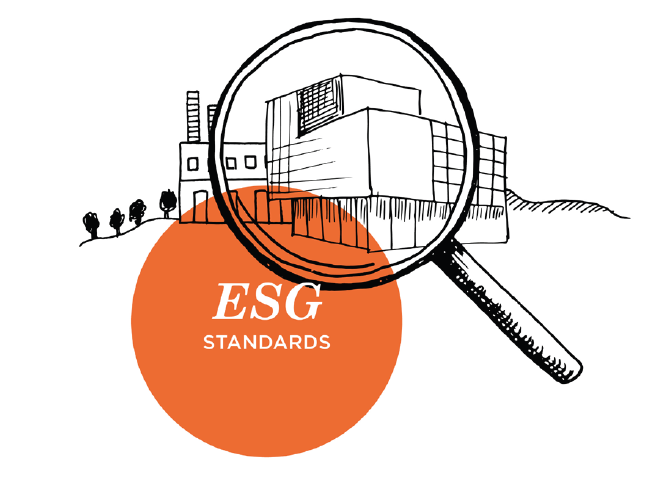Corporate dissonance: when actions contradict values
A company that appears to “walk the talk” on climate change by committing to reduce its greenhouse emissions may actually be lobbying against greater regulation of such emissions. A pharma company may publicly support patients’ access to affordable medicines yet simultaneously fund a trade association defeating lower price initiatives. Even a progressive company may publicly support LGBTQ+ issues, while at the same time funding a political candidate opposing gay rights.
Unveiling corporate hypocrisy: impact on progress and trust
The misalignment between corporate lobbying with companies’ stated commitments to purpose, values, or stakeholders is one – possibly the – major factor underpinning the lack of progress on numerous critical issues ranging from the failure to act on the climate emergency to offshore tax evasion. Regardless of whether it is due to a lack of oversight, siloed organizations, or the involvement of trade associations, this phenomenon pushes down citizen’s perceived trust in government and slows down sustainable development.
Despite the scale of its negative impact on public policy, corporate political conduct largely escapes not only public authorities – whose lobbying regulations remain underdeveloped and under-encompassing –but also voluntary ESG frameworks and mandatory sustainability requirements (e.g., Corporate Sustainability Reporting Directive (CSRD)). Amid growing private scrutiny driven by investors, some incipient forms of voluntary corporate political reporting, such as sustainability frameworks (e.g. Global Reporting Initiative (GRI) standard 415), and ESG ratings (Moody’s, S&P, Dow&Jones, etc.) encourage companies to share information beyond legally mandated disclosures.
Mapping ESG initiatives for more transparency and accountability
The Good Lobby Tracker - which I designed with the support of the HEC Foundation and run through a Porticus grant - represents the first efforts at gathering and analyzing the quantity and quality of ESG political data generated by these initiatives. All these initiatives offer a set of best practices capable of normatively determining what ‘responsible’ corporate political conduct is and entails. They ask companies whether they disclose their political donations, the list of their trade associations, or the policy positions they advocate for with governments.
Therefore, if companies intend to remain legitimate participants of the political process, they must become not only more transparent and accountable in their political engagement but also more sustainable in the way and direction they exercise it. This calls for embedding corporate political conduct into corporate sustainability by mandating greater political disclosure and alignment of corporate political conduct with global sustainable development. This could represent the most systemic intervention today. As political engagement and lobbying are now set within the EU's CSRD, the extension of sustainability-inspired obligations towards the realm of corporate political conduct appears not only plausible but also urgently needed. This new generation of legal requirements may redefine both the role and practice of corporate political power, ahead of and beyond the 2030 SDG Agenda.








